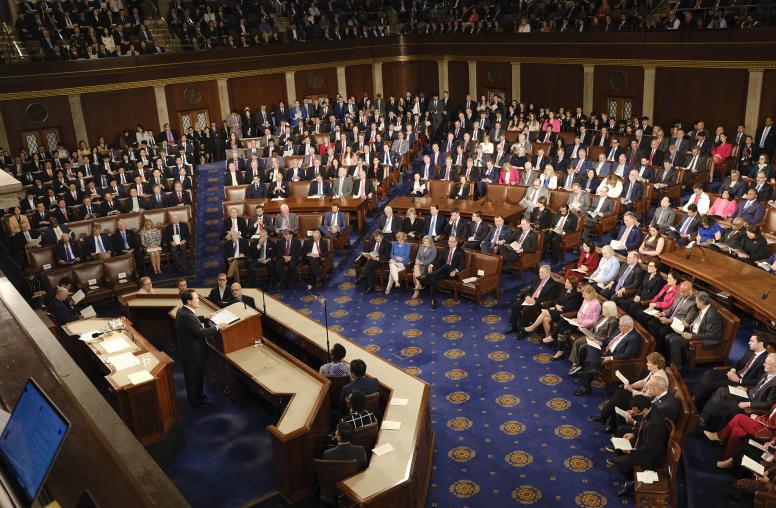The Future of the U.S. Military Presence in Iraq
Things are moving in Iraq. Security has improved dramatically in the past year and a half, and al-Qaida is badly wounded. The Maliki government has grown increasingly confident after a series of perceived military successes in Basra, Sadr City, and Mosul. Iraq's neighbors appear to be playing a more constructive role.
Problems remain. Armed groups—tribal and ex-insurgent Awakenings and Shi'a militias—have laid down arms for now, but are demanding inclusion in the state and representation in the government. The Iraqi state, despite improvement, is uneven. The Iraqi security forces, though much strengthened, will remain dependent on the US for years to come.
In light of these developments and other developments in the region and the world, what should US military strategy be toward Iraq? Four speakers will present a wide range of policy options.
Archived Audio
To listen to audio or to view video, please click on the links provided below. You also can right click on the links and choose "Save Target As" or "Download Linked File." This will save the file to your computer and then allow you to play it in your media player directly. More Audio Help.
- Listen to the audio from this event.
01:58:35 - 22.96MB
Speakers
- Kimberly Kagan
President, Institute for the Study of War
Co-author of The New Reality in Iraq
Author of the forthcoming book, The Surge: A Military History - Colin Kahl
Senior Fellow, Center for a New American Security
Co-author of Shaping the Iraq Inheritance - Charles Knight
Co-director, Project on Defense Alternatives at the Commonwealth Institute
Co-author of Quickly, Carefully, and Generously: The Necessary Steps for a Responsible Withdrawal from Iraq - Rend al-Rahim
Iraq Fellow, U.S. Institute of Peace - Daniel Serwer, Moderator
Vice President, Post-Conflict Peace and Stability Operations, U.S. Institute of Peace




